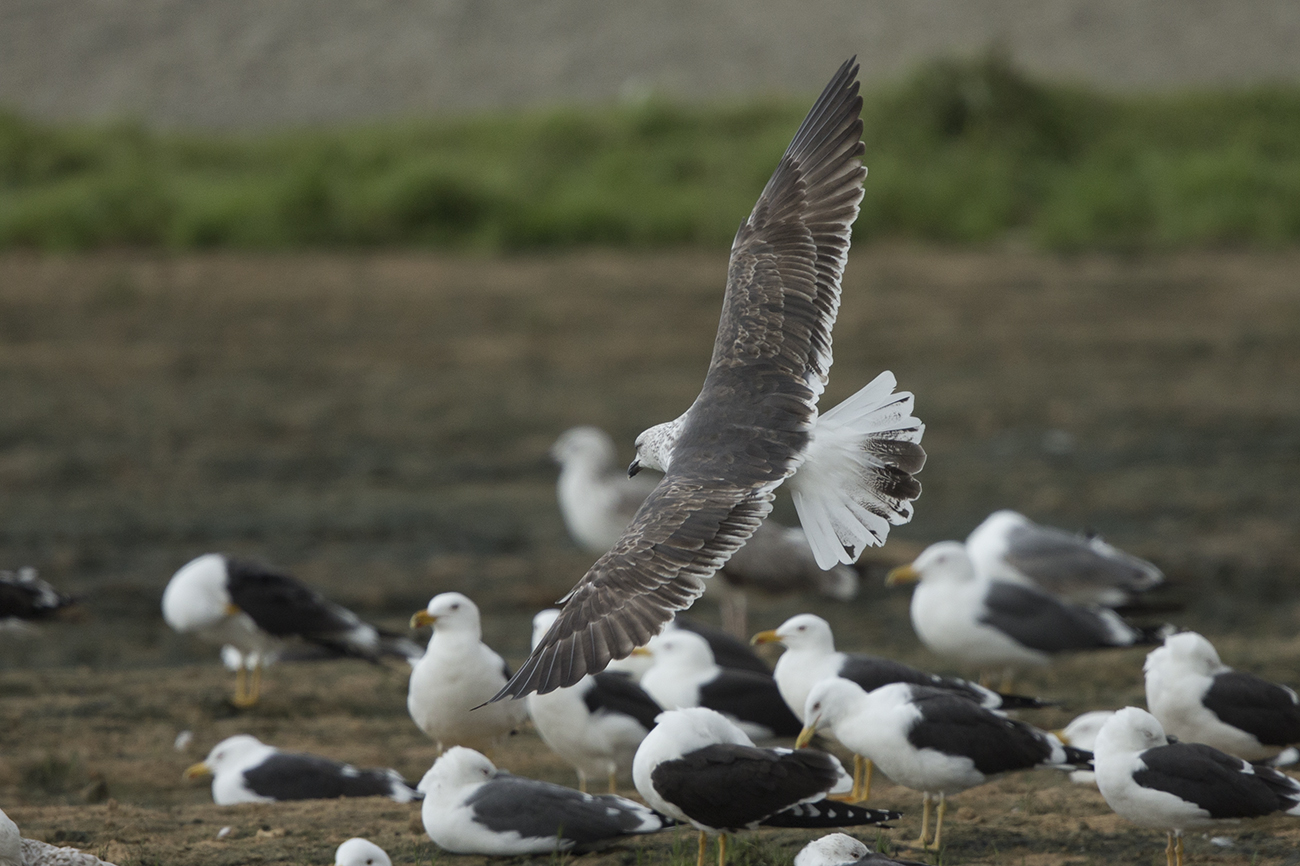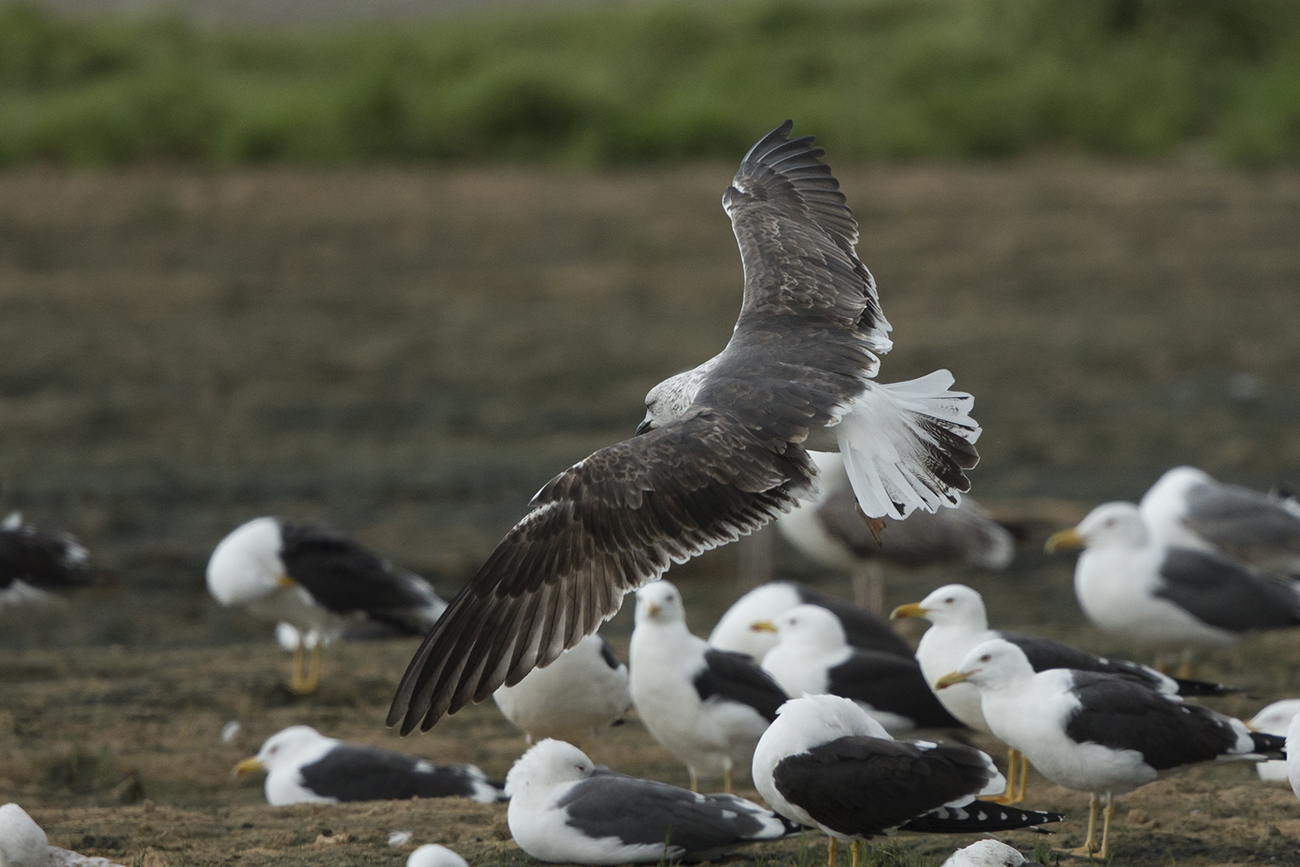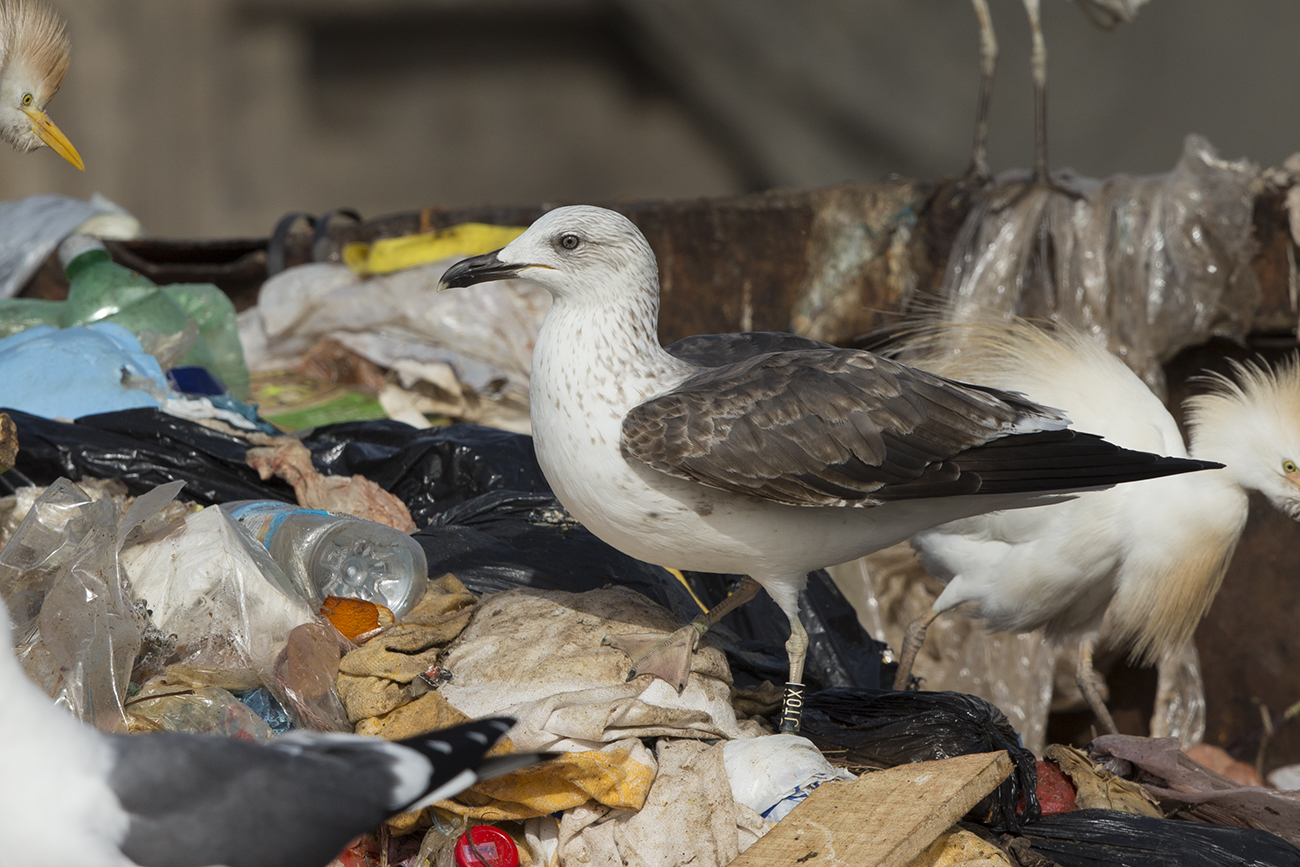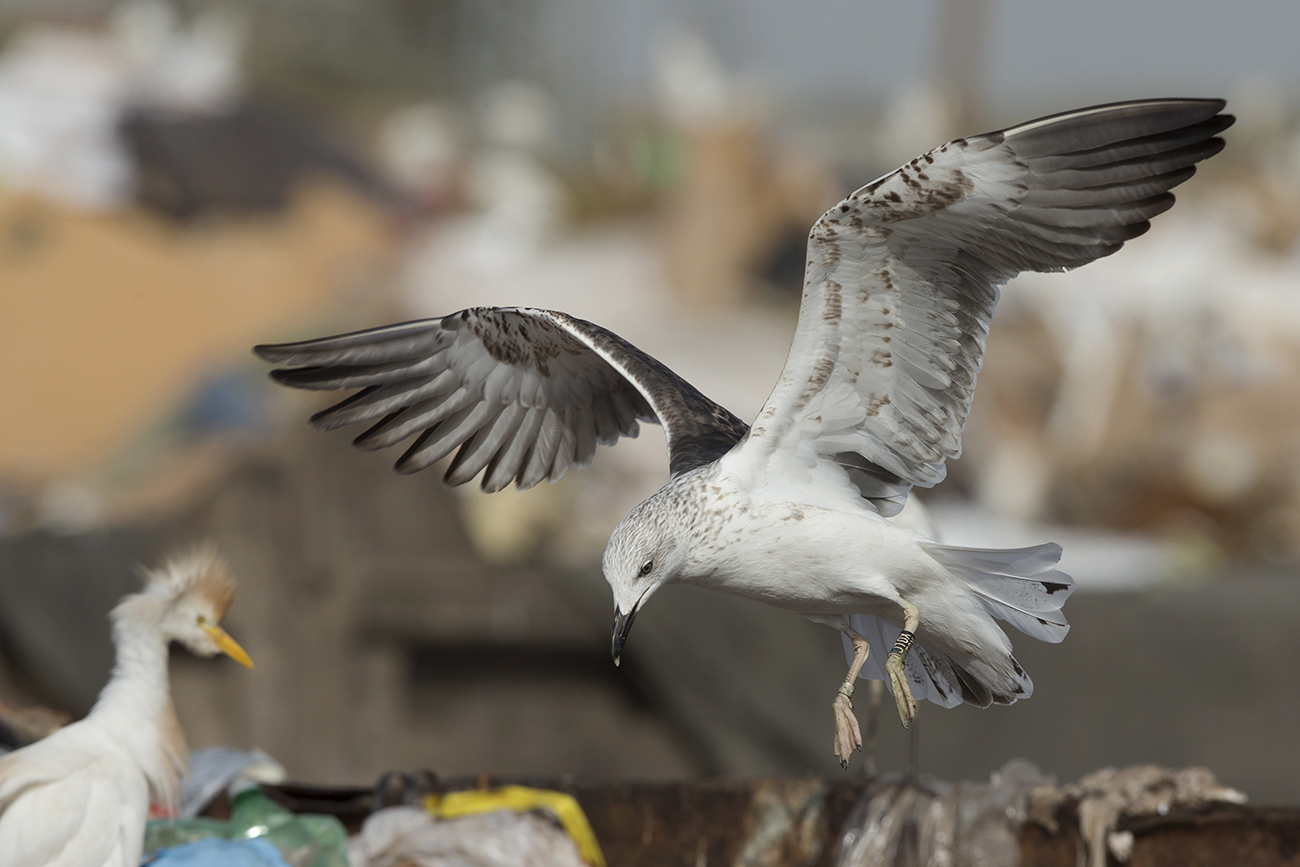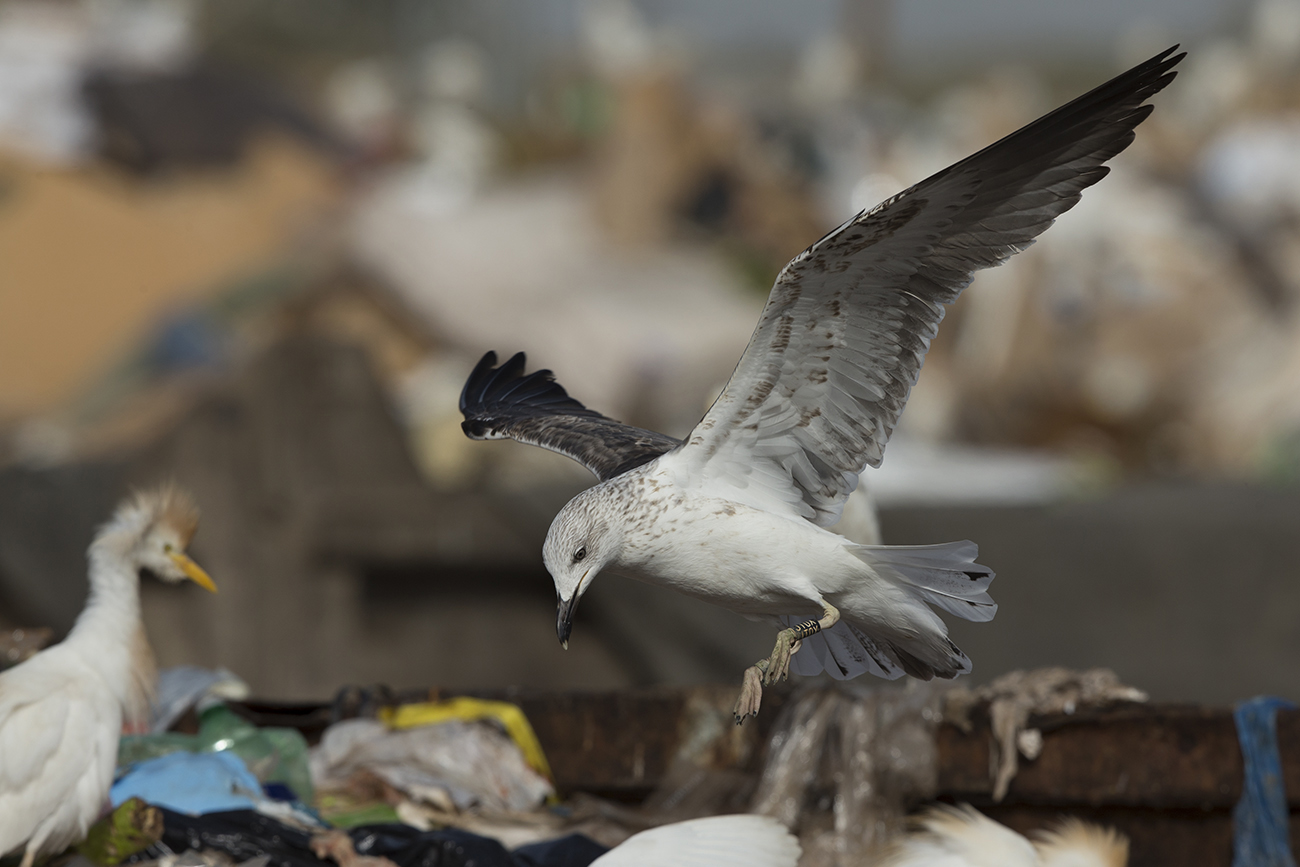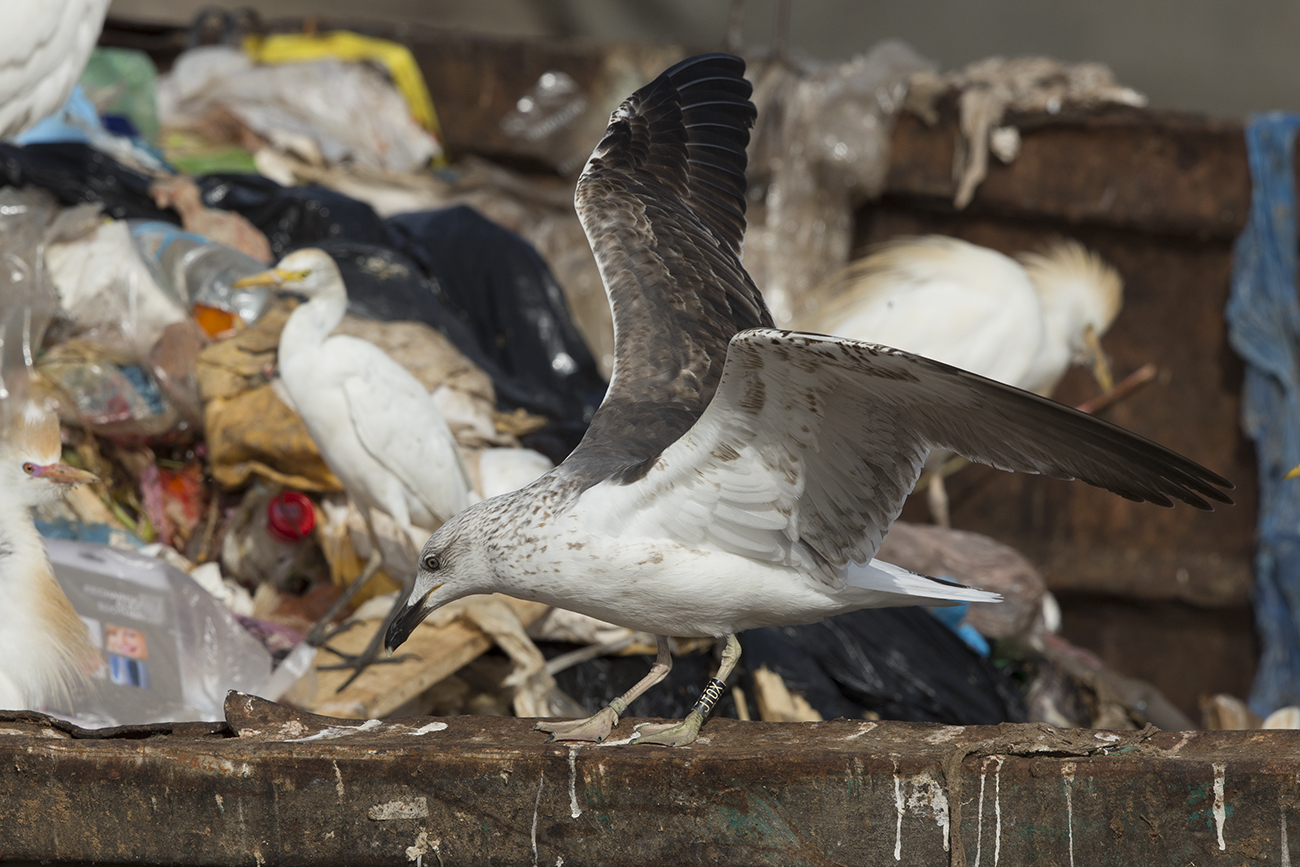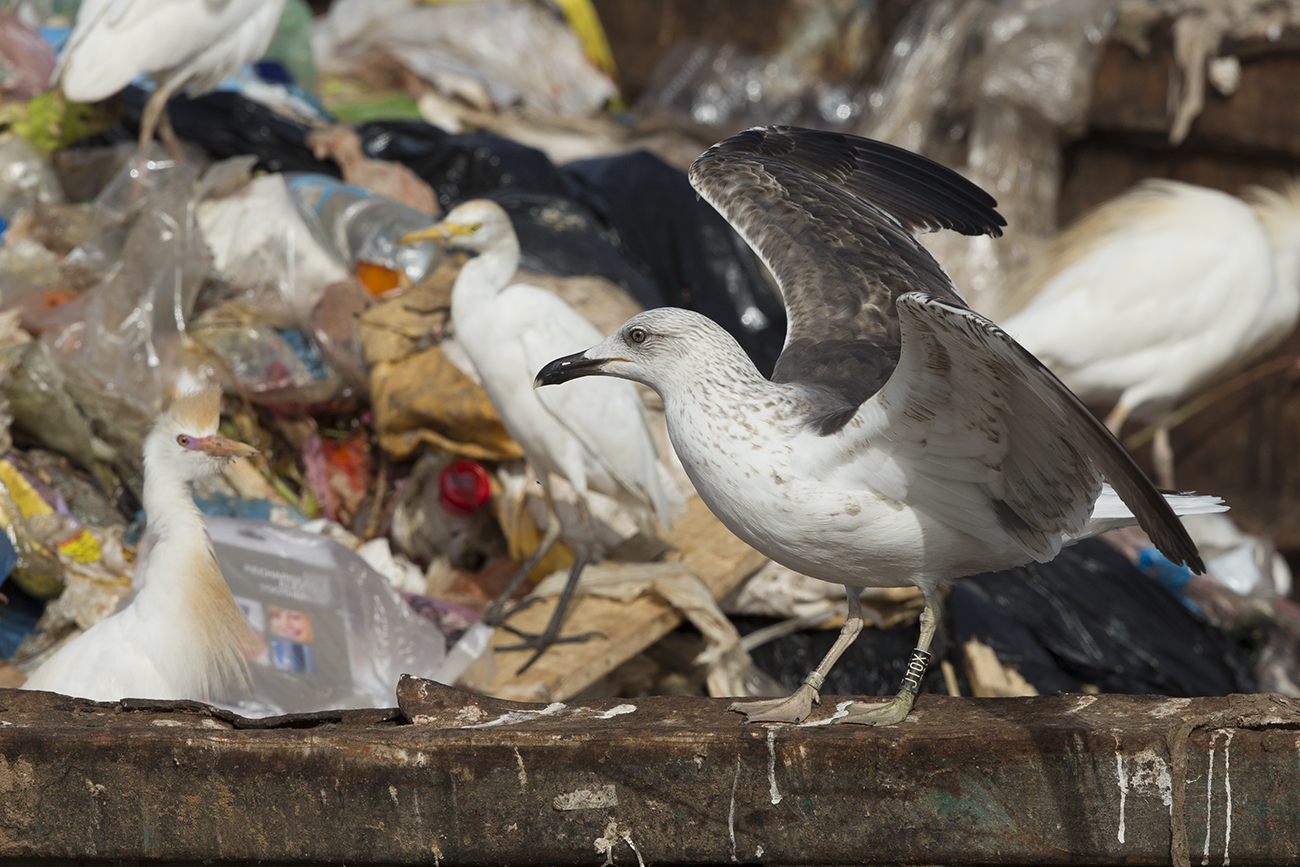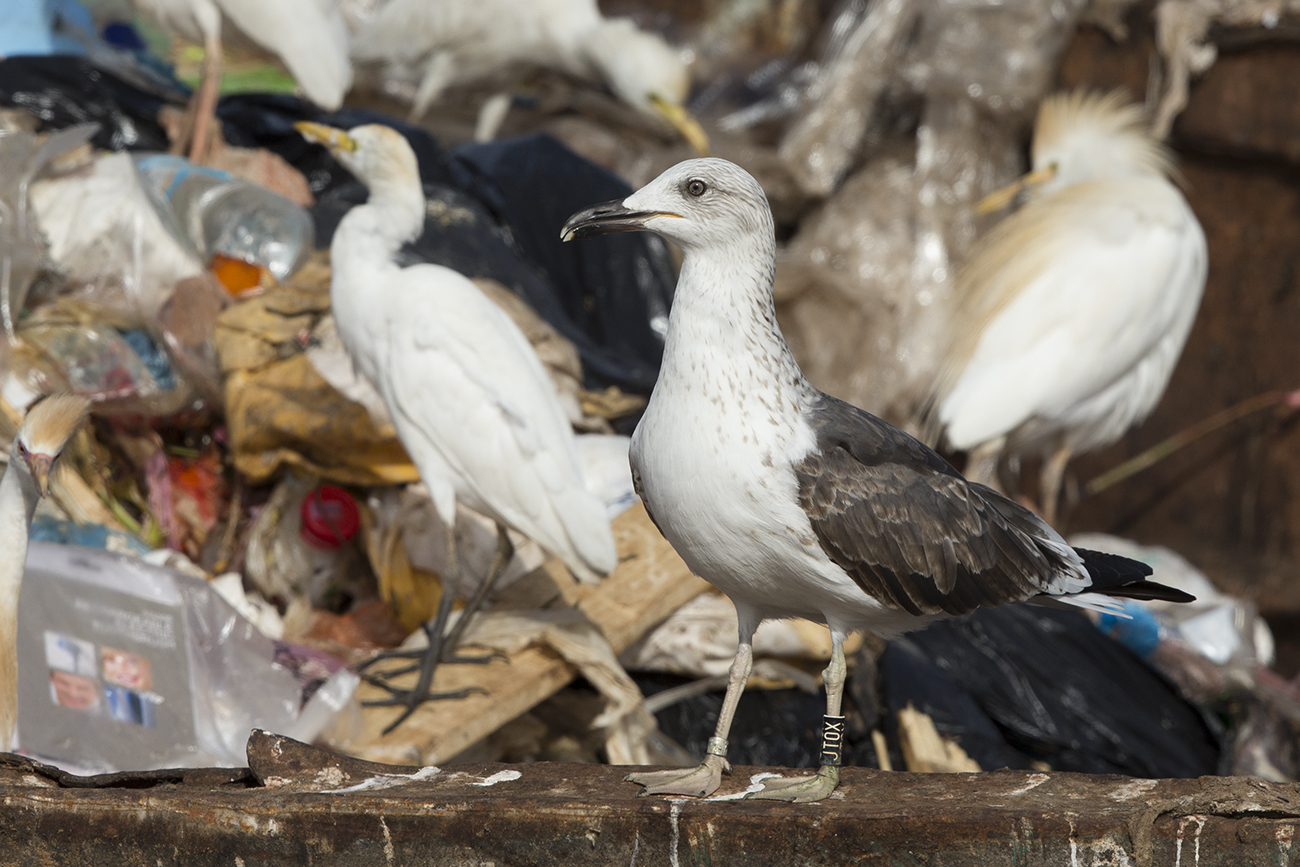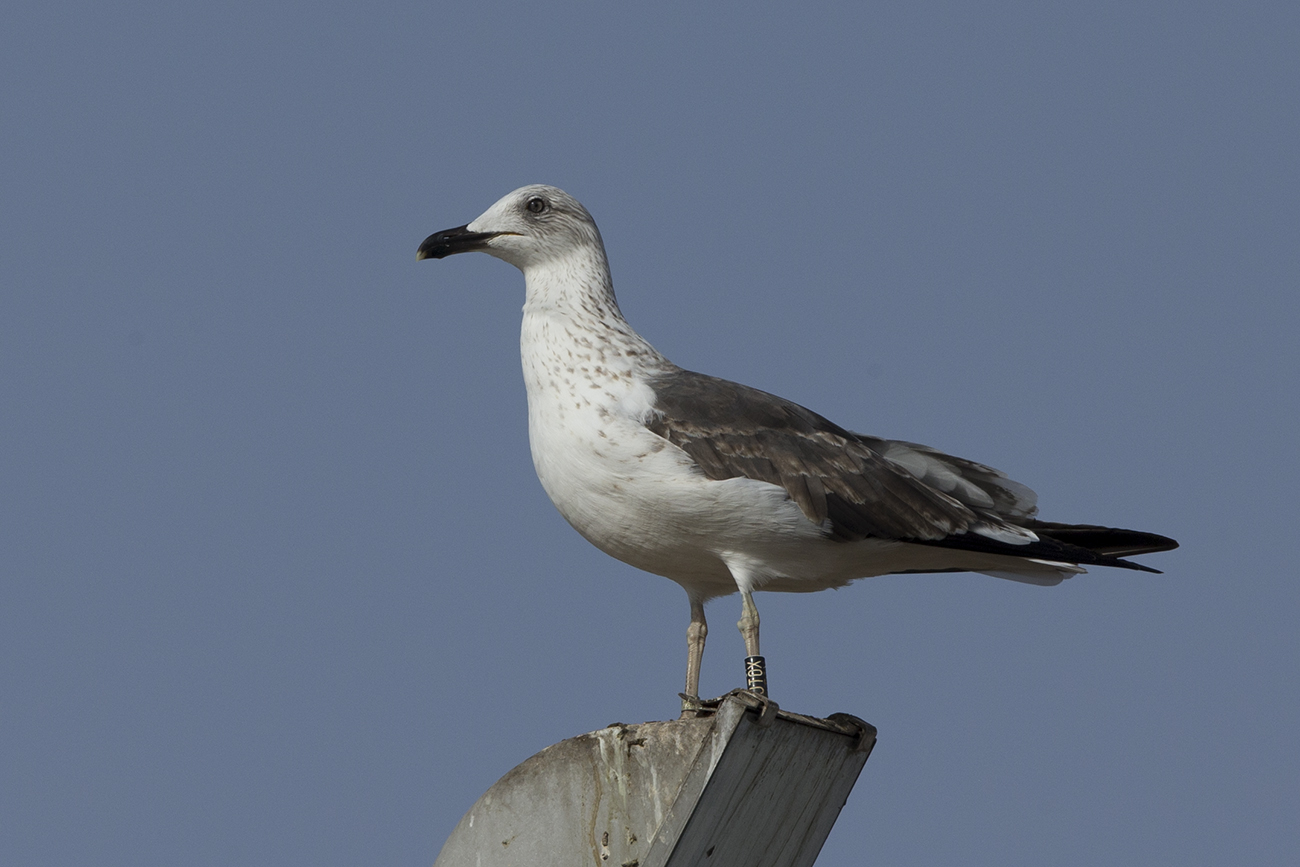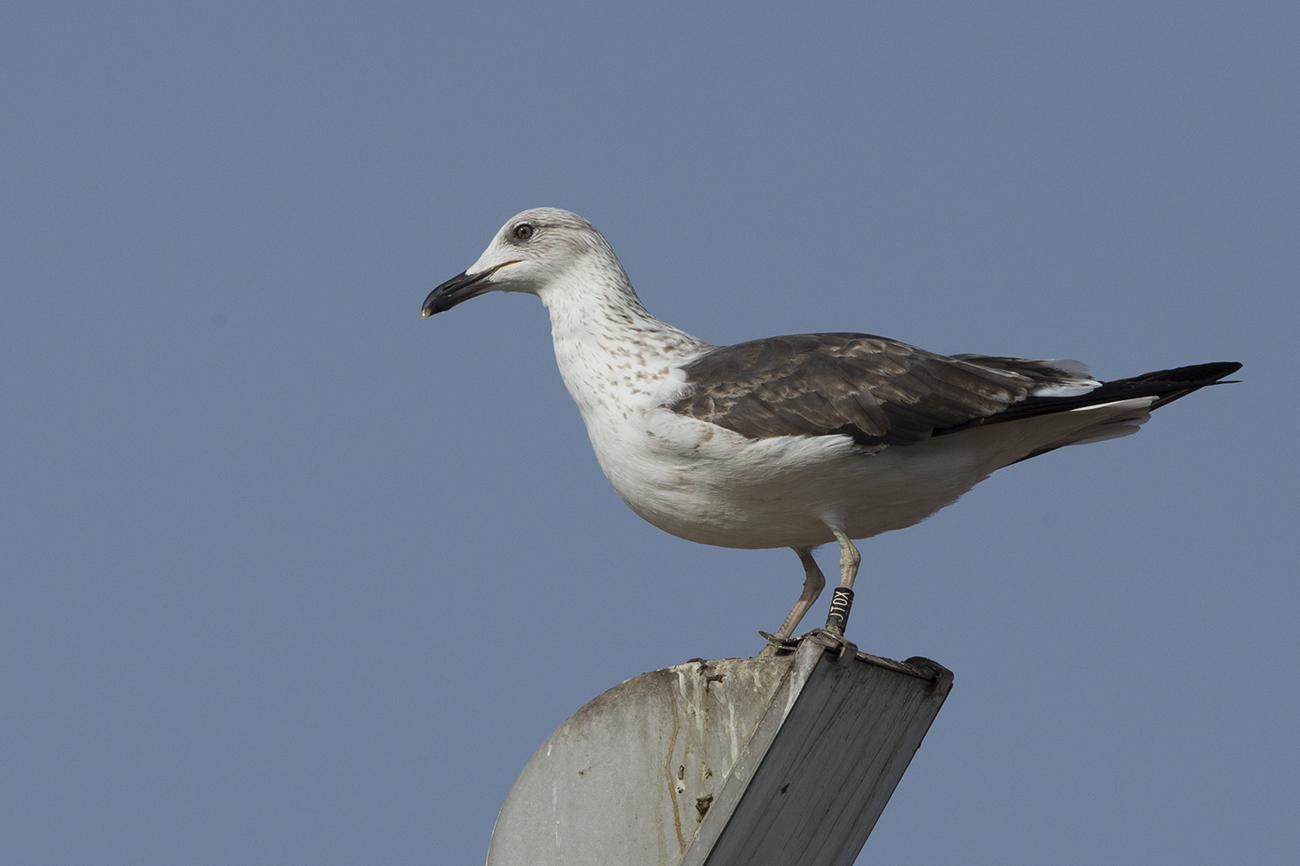 Lesser Black-backed Gull (graellsii & intermedius)
Lesser Black-backed Gull (graellsii & intermedius)
(last update:
lbbg 1cy May
lbbg 1cy June
lbbg 1cy July
lbbg 1cy August
lbbg 1cy September
lbbg 1cy October
lbbg 1cy November
lbbg 1cy December
lbbg 2cy January
lbbg 2cy February
lbbg 2cy March
lbbg 2cy April
lbbg 2cy May
lbbg 2cy June
lbbg 2cy July
lbbg 2cy August
lbbg 2cy September
lbbg 2cy October
lbbg 2cy November
lbbg 2cy December
lbbg 3cy January
lbbg 3cy February
lbbg 3cy March
lbbg 3cy April
lbbg 3cy May
lbbg 3cy June
lbbg 3cy July
lbbg 3cy August
lbbg 3cy September
lbbg 3cy October
lbbg 3cy November
lbbg 3cy December
lbbg sub-ad Jan
lbbg sub-ad Febr
lbbg sub-ad March
lbbg sub-ad April
lbbg sub-ad May
lbbg sub-ad June
lbbg sub-ad July
lbbg sub-ad Aug
lbbg sub-ad Sept
lbbg sub-ad Oct
lbbg sub-ad Nov
lbbg sub-ad Dec
lbbg adult January
lbbg adult February
lbbg adult March
lbbg adult April
lbbg adult May
lbbg adult June
lbbg adult July
lbbg adult August
lbbg adult September
lbbg adult October
lbbg adult November
lbbg adult December
Lesser Black-backed Gull intermedius JT0X 3CY, March 08 2014, Ashdod, Israel. Picture: Amir Ben Dov.
CR-Code Black ring with white code: JT0X
Ringing Centre Stavanger Museum (Norway) Ring number 4268100
Species Lesser Black-backed Gull Larus fuscus Sex Unknown Sexing Method Unknown Age Pullus
Date 04.08 2012
Place Svarthellaren, Loppa, Finnmark, Norway (
70°21'30"N 021°23'54"E).
Biometrical Wing length: 280 Weight: 835
below: near Loppa, at the island. Picture: Tone Lind.
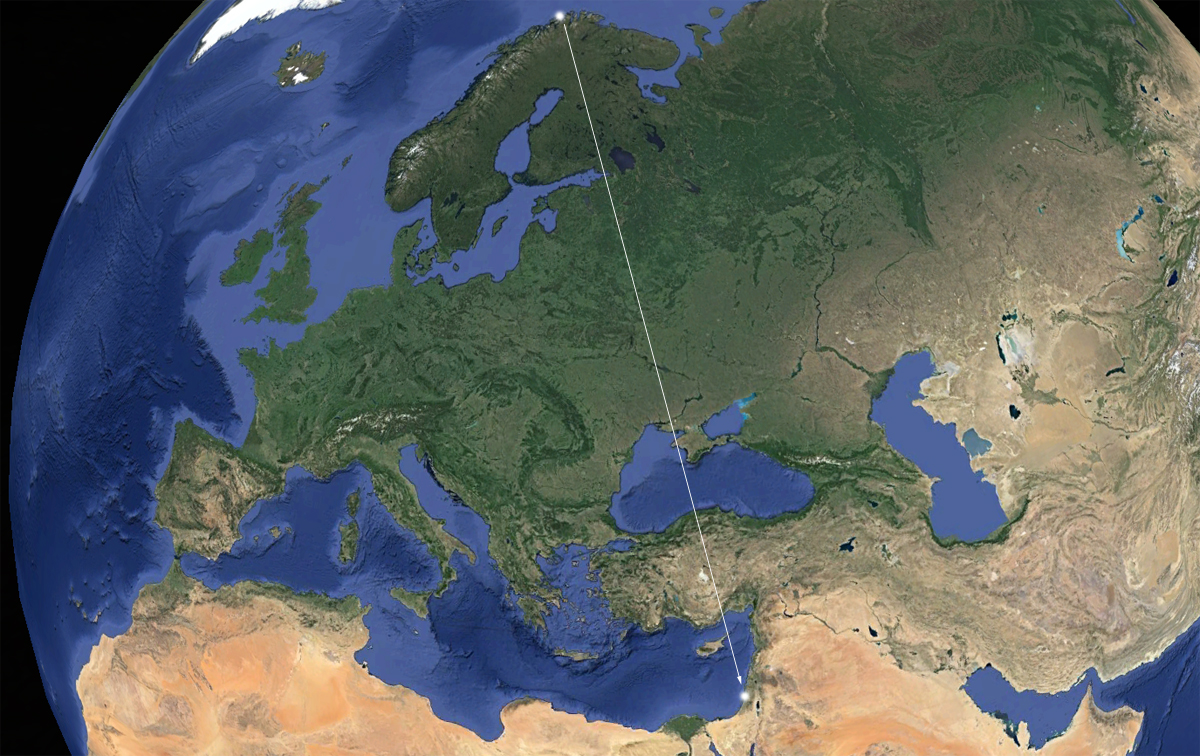
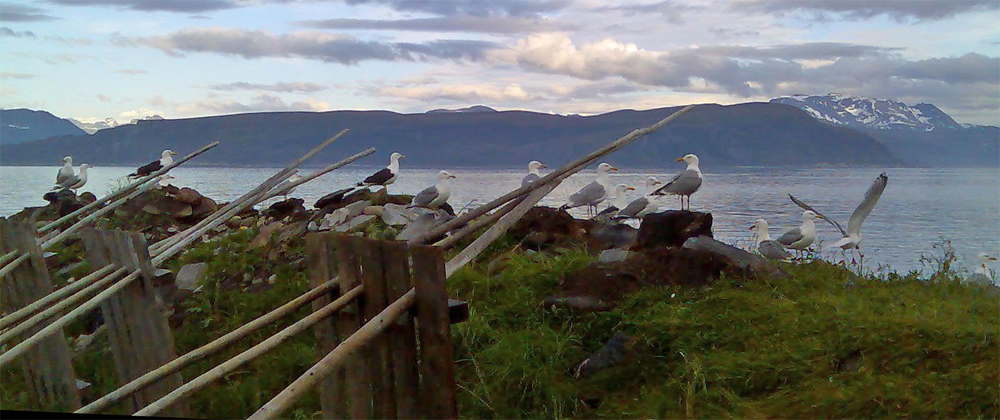
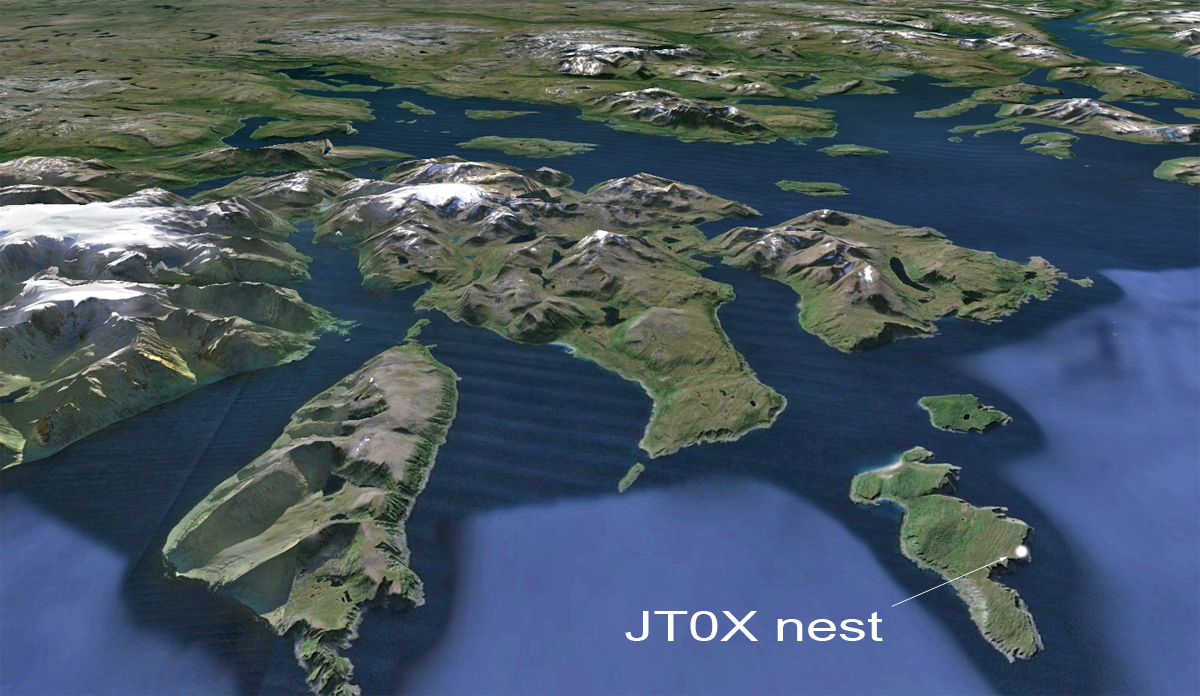
below: Lesser Black-backed Gull intermedius 3cy JT0X March 08 2014, Ashdod, Israel. Picture: Amir Ben Dov.
Intermedius is rare in Israel, but it has to be siad that pale backed Lesser Black-backed Gulls may go unnoticed among the common heuglini in the region.
This bird originate from a breeding colony in N Norway, away from where heuglini breeds. It has a pale grey upperparts and in moult it shows what is known from 2nd winter intermedius. All secondaries and primaries are still 2nd generation and the tail is a mix of 3rd gen and 2x 2nd gen feathers (probably active rectrices moult, as only 9 out of 12 feathers are present; but such tail moult in late winter is known from intermedius - moreover, probably quite common). Note dark bill and overall brown not blackish wing-covert panel.
